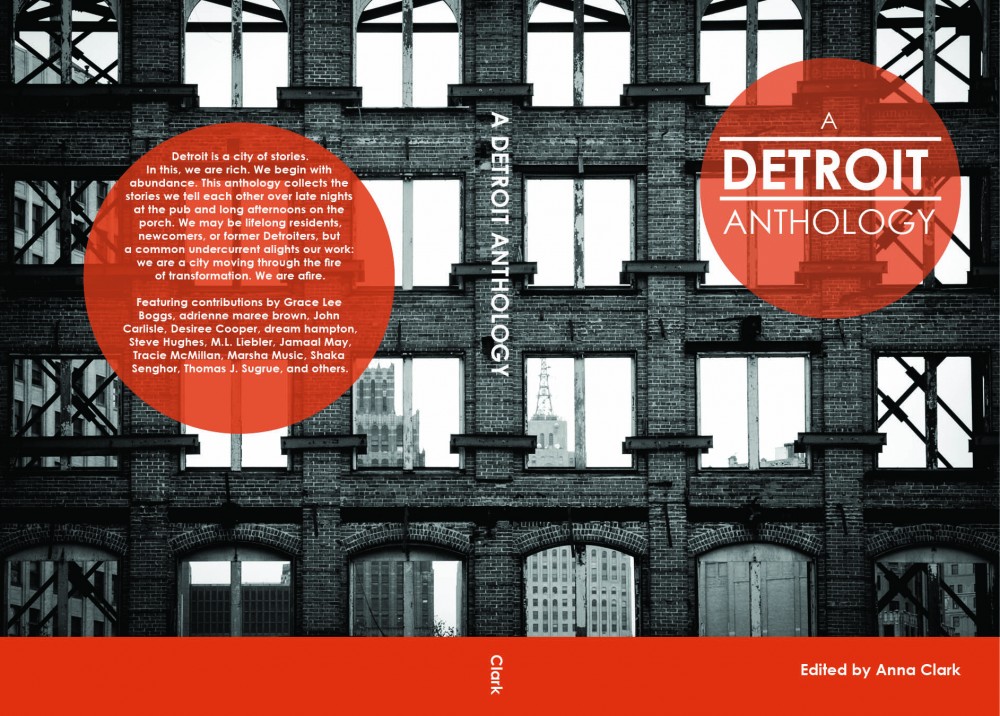The newly published, “A Detroit Anthology,” is a refreshingly well-packed collection of compelling essays, stories, poems and photographs of the city and its resilient, diverse residents.
The book, edited by Anna Clark, features work by Detroiters who share their unique experiences in a complicated, misunderstood city. There’s Maisha Hyman Sumbry, who recalls in poignant detail standing in the unemployment line with her father when she was 8 years old. Dream Hampton writes about the sad demise of her neighborhood and how her brother turned to crack and her mom to alcohol. There’s the story a small diner on an abandoned stretch of Gratiot that clung on for four decades.
buy vibramycin online https://www.conci.com/wp-content/languages/new/online/vibramycin.html no prescription
Some of the authors are up-and-coming writers, while others are well-known, like longtime activist Grace Lee Boggs, author and professor Thomas J. Sugrue and columnist Desiree Cooper.
“These are the stories we tell each other over late nights at the pub and long afternoons on the porch,” Clark wrote in the Introduction. “We share them in coffee shops, at church social hours, in living rooms, and while waiting for the bus. These are stories full of nodding asides and knowing laughs.”
The collection includes strong poetry. About the 1967 riot, Detroit-born poet Tyehimba Jess wrote in a poem entitled, “Infernal:”
“My father ran into the streets
to claim a small part of my people’s anger
in his Kodak, a portrait of the flame
that became our flag long enough
to tell us there was no turning back.”
In a colorful narrative about an awkward experience at a Greek restaurant downtown when he was a child in 1983, John Counts said of Detroit: “It had become a city of sharp edges, the antithesis of the over- stuffed throw pillows of suburbs that ended up surrounding it, where all the Greeks would move and where I would later grow up. It became the immigrant American Dream stripped and pecked to its bones. The deepest racial conflict and the dark- est side of capitalism, when manufacturing had its way and moved on to someplace cheaper. It became theory come to life. A what-if city. Armageddon city. Murder City. It had transformed into symbol.”
The book is available at these indie bookstores: Signal-Return, Source Booksellers, Book Beat, Yellow Door Art Market, Literati Bookstore, Crazy Wisdom Bookstore and Tearoom, New Horizons Book Shop, and Michigan News Agency. It’s also available online.
A book-release party is scheduled for 7 p.m. Saturday at the Practice Space, 2801 14th Street.
Steve Neavling
Steve Neavling lives and works in Detroit as an investigative journalist. His stories have uncovered corruption, led to arrests and reforms and prompted FBI investigations.

